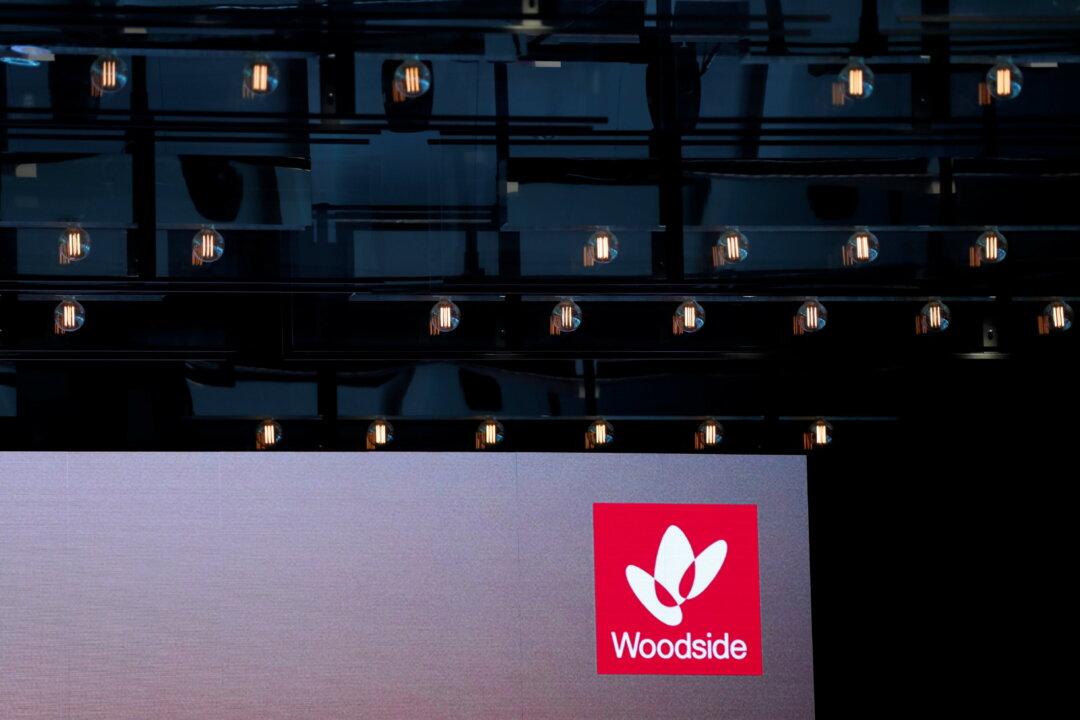MELBOURNE—Woodside Petroleum does not expect heavy selling of the company’s shares by BHP Group investors if Woodside’s acquisition of BHP’s petroleum business goes ahead in June, Chief Executive Meg O'Neill said on Tuesday.
Woodside shareholders are set to vote on Thursday on a $40 billion merger to create a top 10 global independent oil and gas producer. BHP shareholders will hold a 48 percent stake in the enlarged group to be called Woodside Energy.





